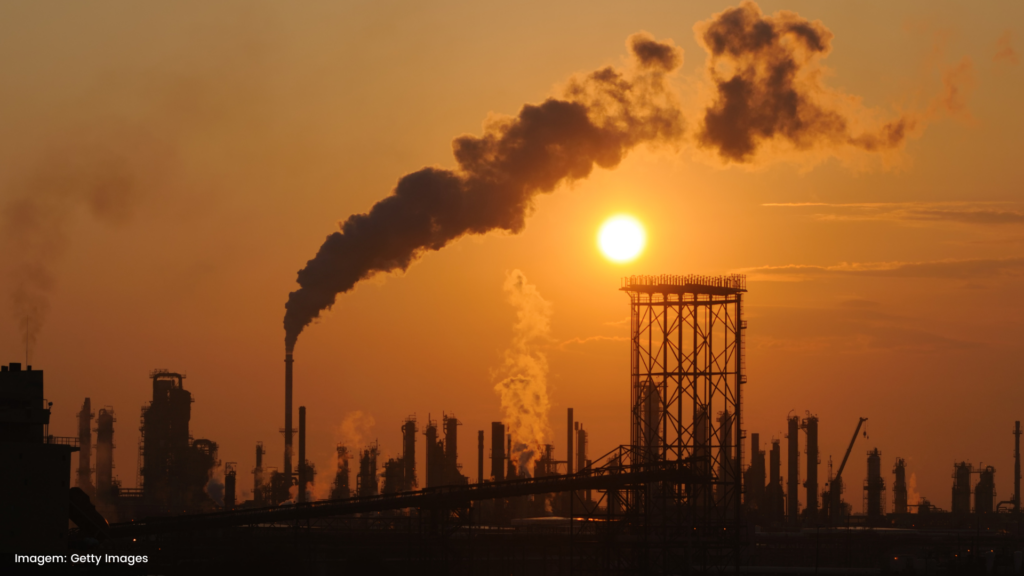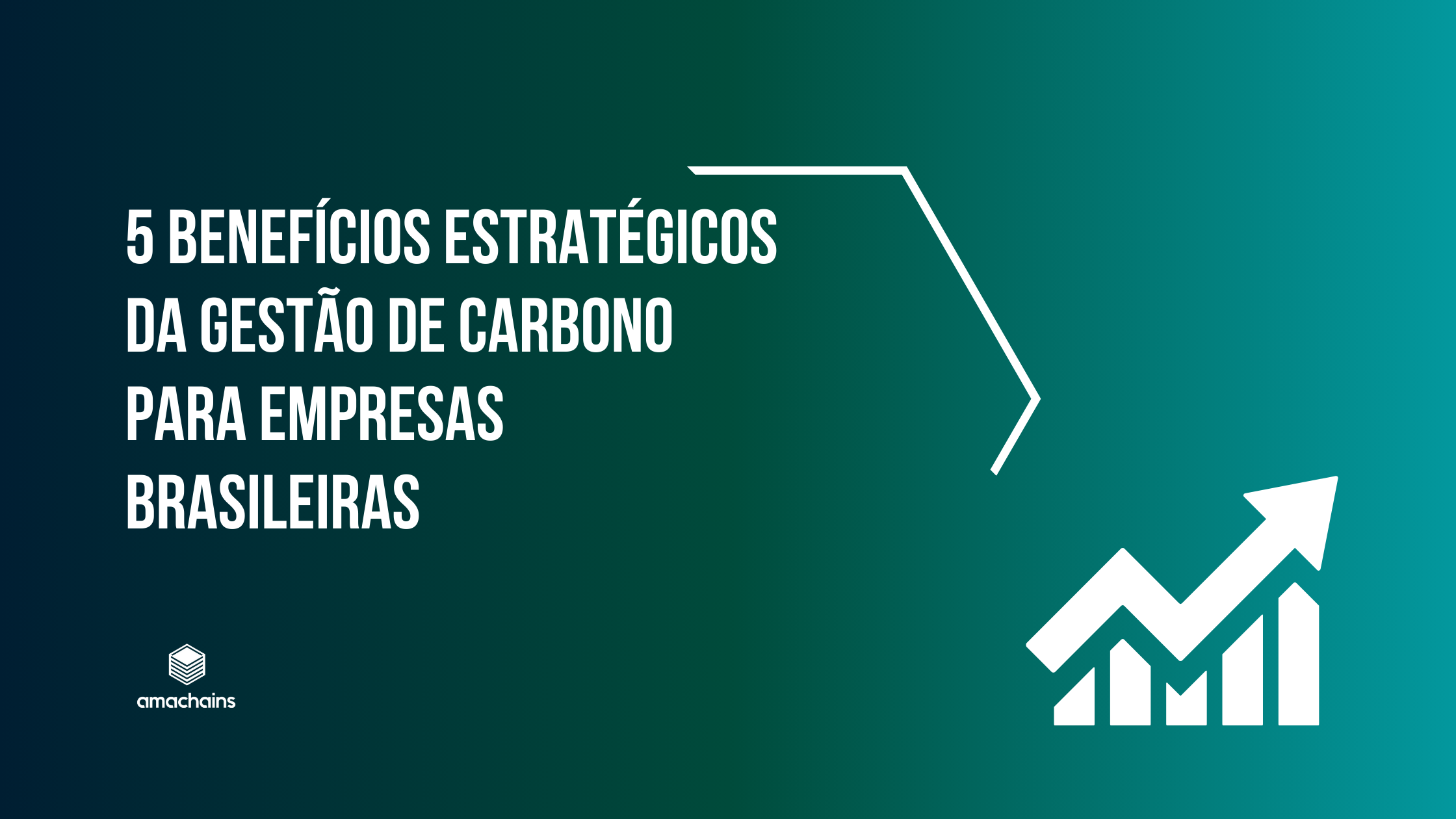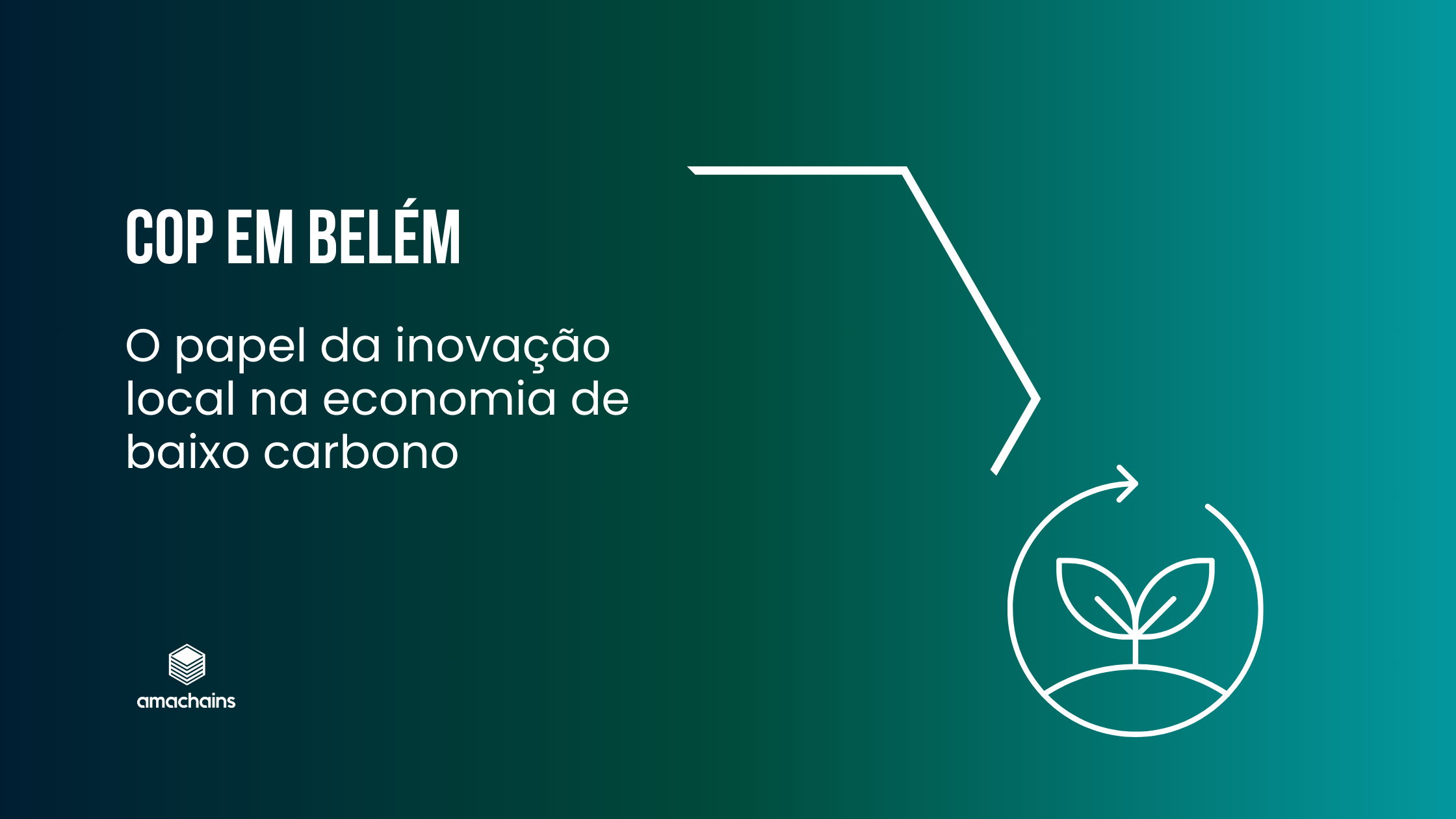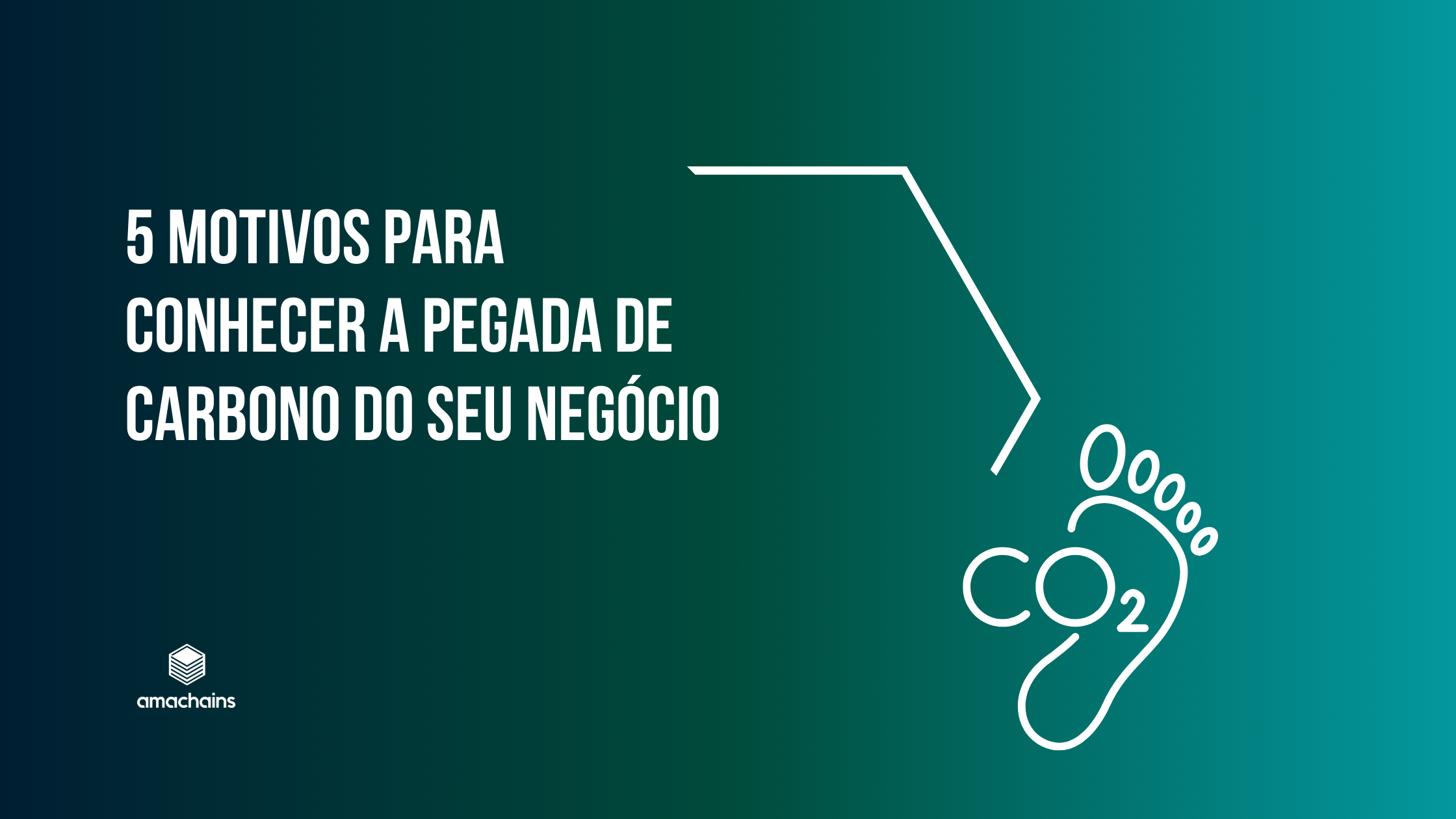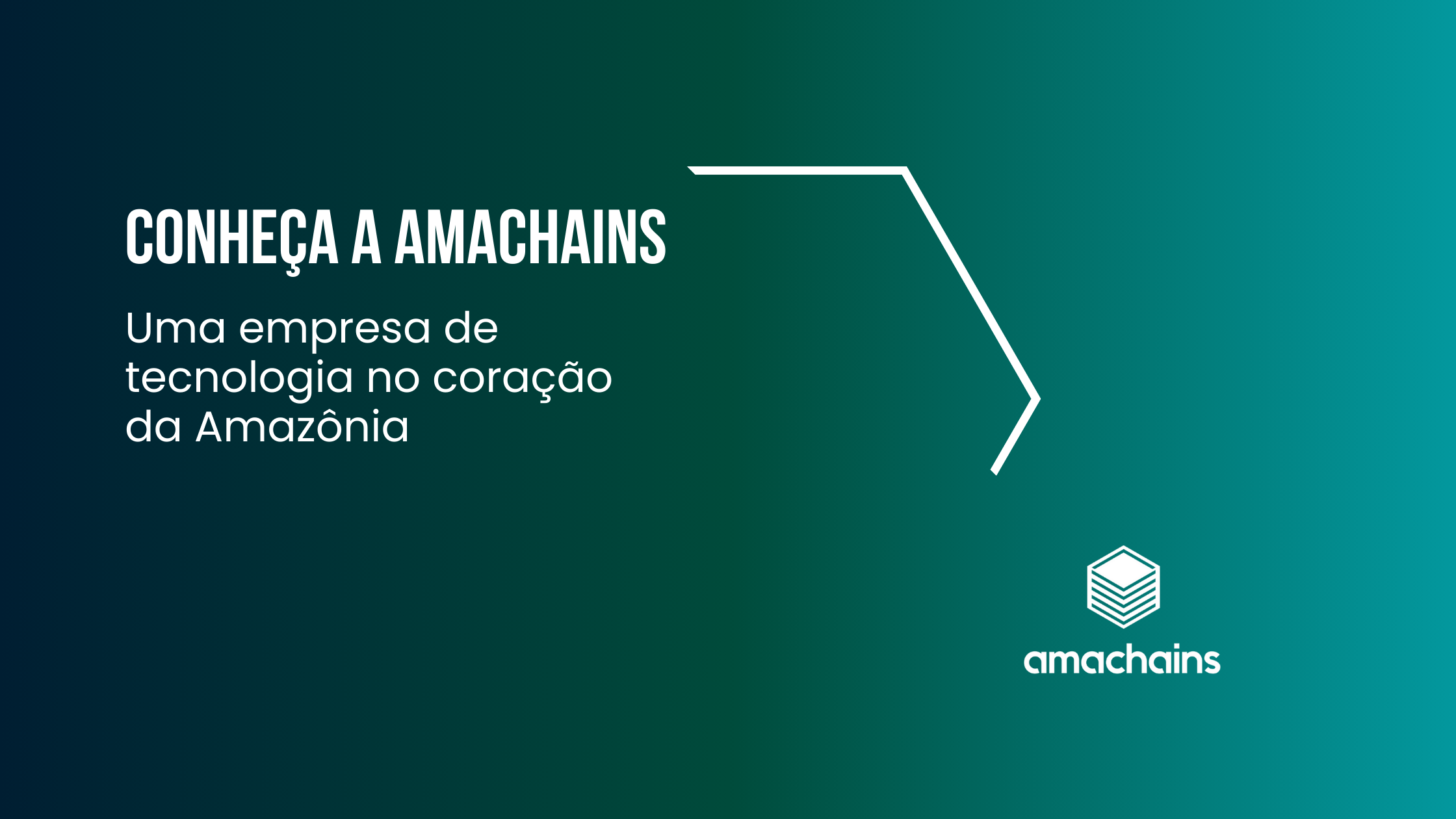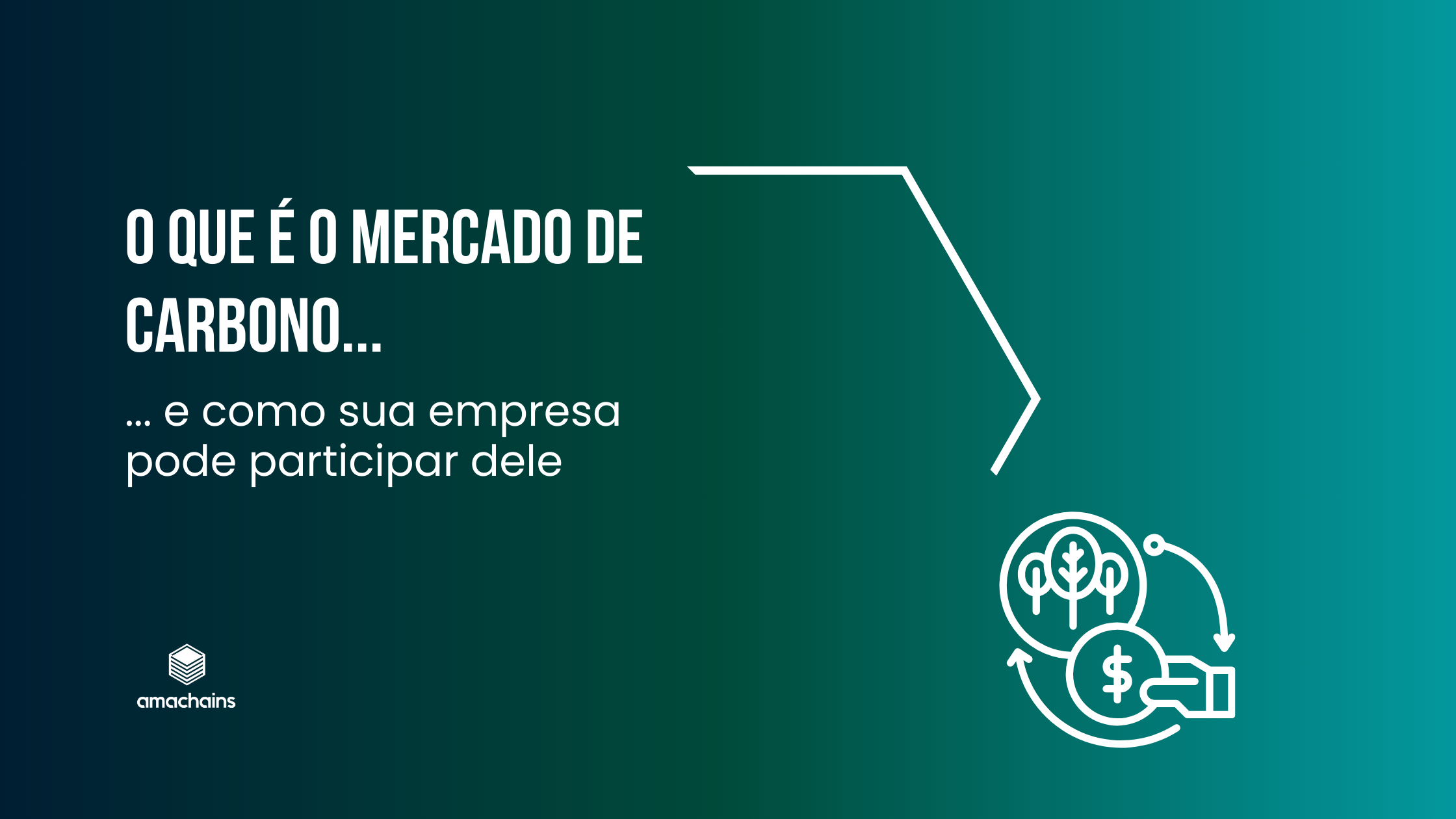The Industrial Revolution, which took place in the 18th century, is a milestone in the history of global technological development. It marked the beginning of major transformations in production systems, labor relations, the global economy, and people's lifestyles and consumer relations.
The mechanization or automation resulting from the Industrial Revolution increasingly required the use of large quantities of coal and oil as energy sources. Recent studies on the activities that emit the most greenhouse gases (GHG) reflect these transformations.
The energy sector is currently the largest emitter of greenhouse gases (GHGs), accounting for 73% of global emissions, and includes electricity and heat generation, transport, buildings, manufacturing and construction. Electricity and heat generation, through the burning of fossil fuels such as coal and oil, accounts for the largest share of emissions, followed by transport, buildings, manufacturing and construction.
Agricultural activity is the second largest emitter of greenhouse gases (GHG) in the world, accounting for 12% of emissions. The main greenhouse gases (GHG) related to the agricultural sector are methane (CH4) and nitrous oxide (N2O). Methane (CH4) is emitted by enteric fermentation during the digestive process of animals, mainly cattle, whose global herd is estimated at approximately 1 billion animals. The manure resulting from livestock releases nitrous oxide (N2O), considered much more harmful than CO2. Fermentation and manure are the two main sources of emissions from agricultural activity, responsible for more than half of emissions, followed by burning, use of synthetic fertilizers and rice cultivation.
Other greenhouse gas (GHG) emitting activities include land use, land use change and forestry (6.5%); industrial processes for chemicals, cement and others (5.6%); and waste, including landfills and wastewater (3.2%).
Access below:
